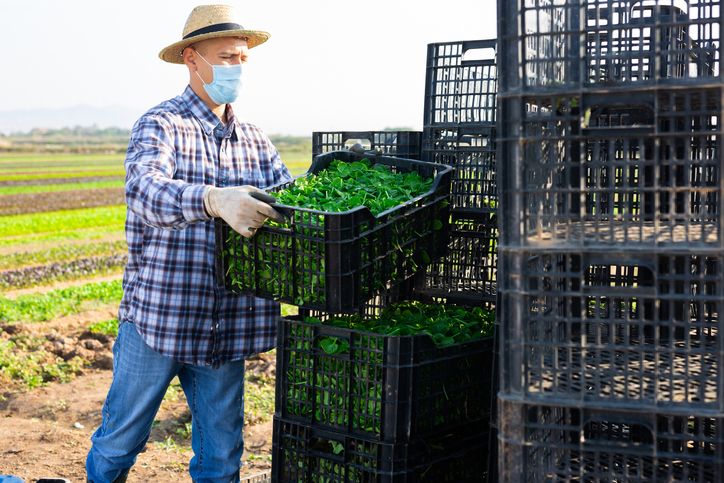Editor’s note: Duane Cantrell is managing partner, and Kevin Lockett and John Peryam are partners, at Fulcrum Global Capital, an ag-focused VC firm based in Kansas City, US.
The views expressed in this guest article are the authors’ own and do not necessarily represent those of AFN.
With each funding announcement since Covid-19 hit, AFN has asked founders what the experience of raising money during a pandemic was like.
It’s a question that has yielded varying answers depending on company stage, geography, and other factors.
Given that we completed the final close of our first venture fund just a few months before the full onset of Covid-19 in the US, we decided to share our experience launching an agrifood investment vehicle in the midst of a global pandemic.
At the same time that we began activating our investment theses about the future of agriculture, the foundations of the agriculture industry began shifting in response to Covid-19.
Here are our biggest takeaways from 2020:
Food production is now a global issue
The core of our thesis began with this question: Will this technology improve quality or increase yield at scale? In 2020, this question became all the more crucial as producers grappled with low commodity prices while consumers emptied grocery store shelves.
The importance of agricultural solutions that drive farmer profitability were highlighted, which is why we invested in companies like CoverCress — which is developing a harvestable winter cover crop that generates revenue for the grower — and MicroGen Biotech, which is working on microbiome technology that blocks the uptake of heavy metals by crops to improve yields, restore soil health, and increase food safety.
Food safety and waste reduction are now on everyone’s minds…
With Covid-19 spreading at such an alarming rate in humans, it became logical for consumers to wonder if this virus had the ability to affect our food supply as well. In the first half of the year, newscasts and social media were filled with gut-wrenching scenes of fields of potatoes and tomatoes being plowed into the ground as supply and demand signals mismatched, and hog producers euthanizing their animals while retail meat cases were bare.
Although the spring months in the US bore the brunt of these dynamics before markets leveled out, 2020 still highlighted the need for a holistic view of supply chains to increase food safety and reduce food waste at every step. Continuing to increase consumer trust in the food supply chain is essential. That’s why we invested in NanoGuard, a company using airilization to eliminate bacteria and extend the shelf life of foods; and microbiome-based therapeutics startup Resilient Biotics, which is seeking to eliminate diseases and viruses in our animal production supply chains.
…and so are food traceability and transparency
Traceability and transparency from the farm gate to food processing have long been on our radar. During the pandemic’s early days, global supply chains were disrupted due to trade or transportation restrictions. This highlighted the interconnectivity of the global food industry and the need for us to double down on these bets as attention on food supply chains increased. Fulcrum portfolio companies like TeleSense, a next-generation grain monitoring service for predicting the quality of commodities in storage and transit, are bringing solutions to market that are needed now more than ever.
Acceleration of all things digital and autonomous
As meatpacking businesses experienced severe challenges in getting their employees into plants and maintaining a healthy workforce, companies increased their investments in plant robotics and automation to augment labor. For this reason, we invested in P&P Optica, which provides food processors with in-line visibility over food safety and quality by means of a ‘smart imaging system.’
Alignment between investors, founders, and their customers
Our ultimate takeaway from 2020 was about alignment. We created our first fund with the intent to bring meaningful technology to our investor base of agrifood producers. As we operationalized this model we saw how powerful it can be to align investors, founders, and customers.
Not only did this allow startups to accelerate progress by gathering critical feedback – it allowed producers to invest in an asset class typically unavailable to them while accelerating technology to solve operational problems. The relevance of this model became crystal clear at a time when operational challenges were exposed and magnified by the context of the Covid-19 pandemic.
2020 has left an imprint on the industry. The urgency of innovating within food production has never been greater – nor has the need to innovate with the involvement of the originator of all food supply chains: the producer.





